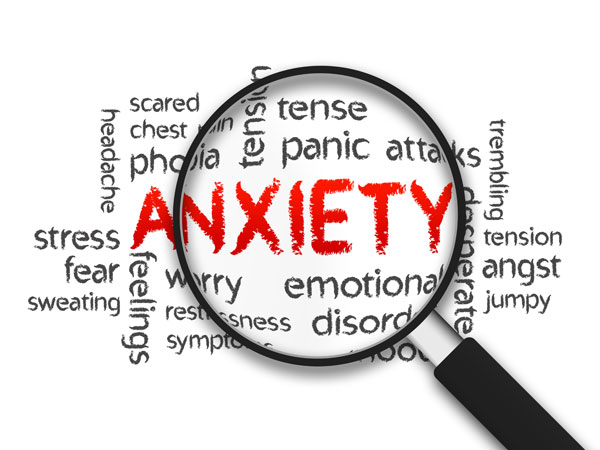Anxiety disorders are among the most prevalent mental health conditions worldwide, affecting millions of individuals across all age groups. Despite advancements in treatment modalities, a significant proportion of individuals continue to struggle with managing anxiety symptoms effectively. In recent years, researchers have turned their attention to the potential role of micronutrients, particularly Vitamin D, in anxiety treatment. This paper delves into the intricate relationship between Vitamin D and anxiety, exploring its impact on both the etiology and management of anxiety disorders.
Understanding Anxiety Disorders:
Before delving into the role of Vitamin D, it’s essential to grasp the complexity of anxiety disorders. Anxiety disorders encompass a range of conditions characterized by excessive worry, fear, and physiological arousal. These conditions, including generalized anxiety disorder (GAD), panic disorder, social anxiety disorder, and specific phobias, can significantly impair an individual’s quality of life and functioning.
The Role of Vitamin D:
Vitamin D, often referred to as the “sunshine vitamin,” plays a crucial role in various physiological processes beyond its well-known role in bone health. It is synthesized in the skin upon exposure to sunlight and can also be obtained from dietary sources and supplements. Vitamin D receptors are present in areas of the brain involved in mood regulation, suggesting a potential link between Vitamin D deficiency and mental health disorders, including anxiety.
Epidemiological Studies:
Several epidemiological studies have investigated the association between Vitamin D levels and anxiety disorders. While findings have been mixed, with some studies indicating a correlation between low Vitamin D levels and increased anxiety symptoms, others have found no significant association. Factors such as study design, sample size, and participant demographics may contribute to these discrepancies.
Mechanisms of Action:
The mechanisms underlying the potential impact of Vitamin D on anxiety are multifaceted. Vitamin D receptors are present in brain regions involved in the regulation of neurotransmitters such as serotonin and dopamine, which play crucial roles in mood regulation. Vitamin D also exhibits anti-inflammatory properties and may modulate the immune response, which has implications for neuroinflammation implicated in anxiety disorders.
Clinical Evidence:
Clinical studies exploring the efficacy of Vitamin D supplementation in anxiety treatment have yielded promising results. While larger randomized controlled trials are warranted to establish causality, preliminary evidence suggests that Vitamin D supplementation may help reduce anxiety symptoms, particularly in individuals with Vitamin D deficiency.
Potential Implications:
The implications of incorporating Vitamin D supplementation into anxiety treatment are significant. Given the widespread prevalence of Vitamin D deficiency, especially in regions with limited sunlight exposure or dietary diversity, addressing Vitamin D status could represent a cost-effective and accessible adjunctive intervention for anxiety disorders.
Challenges and Considerations:
Despite the potential benefits, several challenges and considerations warrant attention. These include variability in individual responses to Vitamin D supplementation, the optimal dosing regimen, and potential interactions with other medications or supplements. Additionally, addressing broader systemic issues such as socioeconomic disparities and access to healthcare is essential to ensure equitable distribution of interventions targeting mental health.
Future Directions:
Moving forward, further research is needed to elucidate the precise mechanisms by which Vitamin D influences anxiety pathways and to establish standardized guidelines for Vitamin D supplementation in anxiety treatment. Longitudinal studies examining the impact of Vitamin D status on anxiety outcomes over time and across diverse populations are warranted to inform clinical practice effectively.
Conclusion:
In conclusion, while the relationship between Vitamin D and anxiety is complex and multifaceted, emerging evidence suggests that Vitamin D may play a significant role in anxiety treatment. By addressing Vitamin D deficiency and incorporating supplementation strategies into comprehensive treatment plans, healthcare providers can potentially enhance outcomes for individuals living with anxiety disorders. However, continued research and collaboration across disciplines are essential to fully harness the therapeutic potential of Vitamin D in mental health care.




